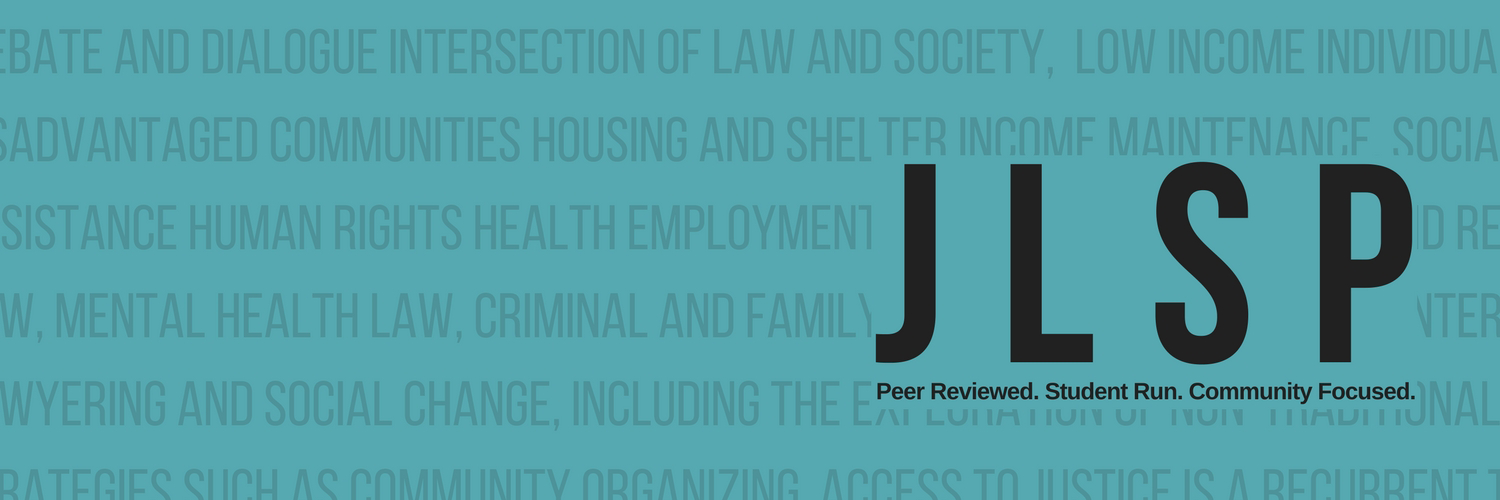
Document Type
Article
English Abstract
Very little scholarship has specifically considered the phenomenon of eviction as a colonial process, or examined the role of the eviction legal system in reproducing colonial structures and relations. Our aim in this article is to address this gap and thereby extend to the eviction legal system context the work of scholars who have theorized the colonialism of the criminal justice, child welfare, and carceral systems. This article begins with an overview of current issues relating to urban Indigenous housing in Canada. The next section introduces Indigenous concepts of home and homelessness, which are distinct from dominant understandings. We then place the discussion within the larger context of settler colonialism and critiques of this relation of power. We look specifically at Indigenous conceptions of home and homelessness, as well as how settler colonialism has shaped dominant ideas about property and ownership that underlie the right to evict in Canadian law. The paper then turns to a discussion of how the eviction legal system functions in a “classical” colonial sense to both destabilize and dispossess Indigenous families, and to reinscribe settler claims to property. Fundamentally, we believe there is a need for research and storytelling about the relationship between Indigenous peoples and eviction legal systems in Canada, and we think there is room to imagine decolonizing the eviction legal system.
Citation Information
Buhler, Sarah and Barkaskas, Patricia.
"The Colonialism of Eviction."
Journal of Law and Social Policy
36.
(2023): 23-43.
DOI: https://doi.org/10.60082/0829-3929.1450
https://digitalcommons.osgoode.yorku.ca/jlsp/vol36/iss1/3
